
OR
National Assembly: Whose representation matters?
Published On: January 5, 2024 07:50 PM NPT By: Republica | @RepublicaNepal
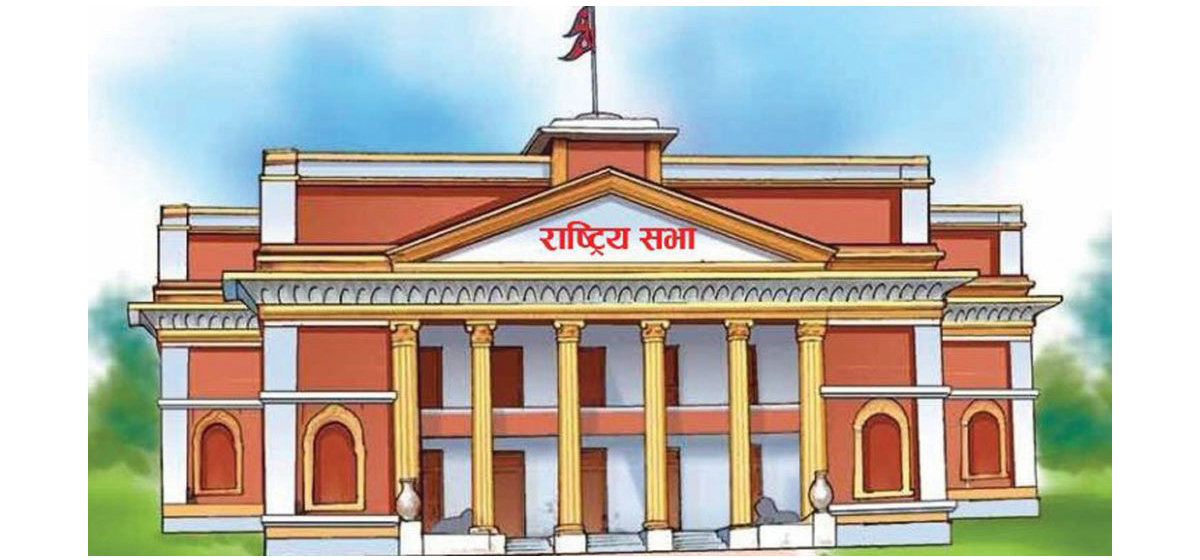
KATHMANDU, Jan 5: The six-year term of 19 members of the National Assembly is set to end on March 2, 2024. The elections for these members excluding nominees appointed by lottery method, is scheduled for January 25, 2024.
At present, political parties are in discussions regarding the allocation of seats. However, the focus appears to be on who has not participated in the assembly rather than ensuring representation of individuals who have contributed significantly to the nation and society.
During the past six years, questions arose about the qualifications of some Members of Parliament (MPs). However, the inclusion of these MPs in the National Assembly has seemingly led to a decline in the assembly's dignity. Instances of discussions on bills causing disrepute by presenting opposing views have further fueled concerns.
Radhe Shyam Adhikari, a Nepali Congress lawmaker with a legal background, who has completed four years in office, suggests that the National Assembly should be the primary body for rectifying mistakes made by the House of Representatives. He expresses concern that the assembly is turning into a haven for leaders defeated in elections, and this trend is likely to persist.
In the initial phase of constitution implementation, signs of disappointment among the people emerged. Instead of addressing and rectifying the issues, the same trends are being repeated, potentially causing a further decline in the National Assembly's standing.
Experts argue that the leadership of the upper house is weaker than that of the provincial assemblies due to prioritizing loyalty over merit. Constitutionalists said that the upper house should embody unique values and characteristics, serving as a platform to include classes, communities, and talents left out of the House of Representatives in nation-building.
Parliamentary values state that the National Assembly's greatest strength lies in the presence of eminent talents who have significantly contributed to national life, enhancing the dignity of both houses.
In Nepal, the National Assembly is not merely an upper house but is considered a symbol of nationalism, maintaining regional balance. It plays a crucial role in ensuring regional representation through voting by the chairman and deputy chairman of rural municipalities and municipalities, members of the provincial assembly, and nominations by the president.
Concerns are raised about the potential chaos in the National Assembly if any association is abolished. MP Prakash Panta highlights that the assembly's symbolic roles in nationalism, regional balance, federalism, and inclusivity should be preserved, cautioning against using it similarly to the House of Representatives.
The dignity of the National Assembly is at risk due to the inclusion of leaders with questionable characters. Panta warns that a weakened National Assembly could undermine federalism and the republic, emphasizing the need to avoid turning it into a dumping ground for leaders.
The National Assembly's role is distinct from that of the House of Representatives. It does not form the government but plays a crucial role in parliamentary proceedings. It is crucial for the assembly to be composed of individuals chosen for their expertise, inclusiveness, and regional balance, rather than being influenced by extreme politics.
Over the past six years, the House of Representatives has been dissolved twice, impacting legislative progress. The National Assembly, although lacking the sole authority to make laws, has a significant role. Some MPs suggest that during the dissolution of Parliament (HoR), the National Assembly should be allowed to pass bills.
You May Like This
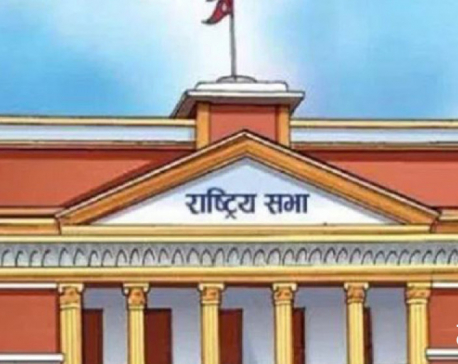
National Assembly elections to be held on January 25
KATHMANDU, Nov 29: The government will hold the National Assembly elections on January 25. The meeting of the Council of... Read More...
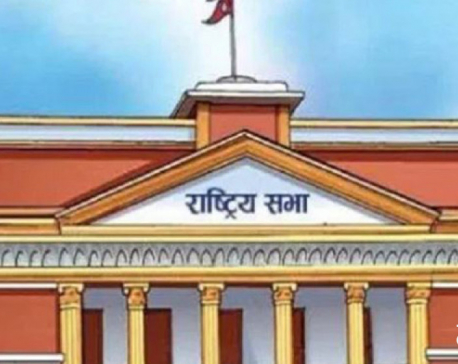
Tenure of 20 upper house members to end in March
KATHMANDU, Nov 9: The tenure of as many as one-third of the members of the National Assembly, including that of... Read More...

Draft election law opposed by political circles
KATHMANDU, July 28: The bill to amend and unify the laws related to elections has been opposed by the political... Read More...




Just In
- Captain Paudel scores half-century in T20 match against West Indies 'A'
- Nine youths from Tanahu allegedly joining Russian army out of family contact for months
- West Indies 'A' sets Nepal a target of 205 runs
- Parliamentary committee directs govt to provide electricity tariff subsidies to cold storage facilities
- Former DoTM employee Bhatta arrested in connection with illegal license issuance case
- One killed in a fire incident in Dadeldhura
- JSP Central Executive Committee meeting being held today to discuss national convention representative election guidelines
- KMC adjust office hours, services now start at 9AM












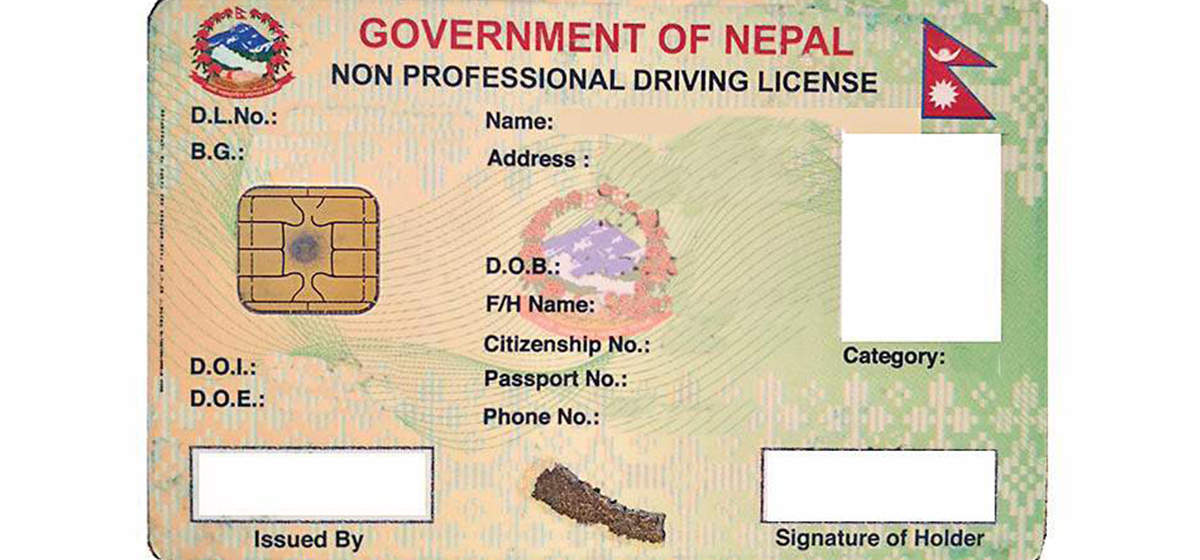
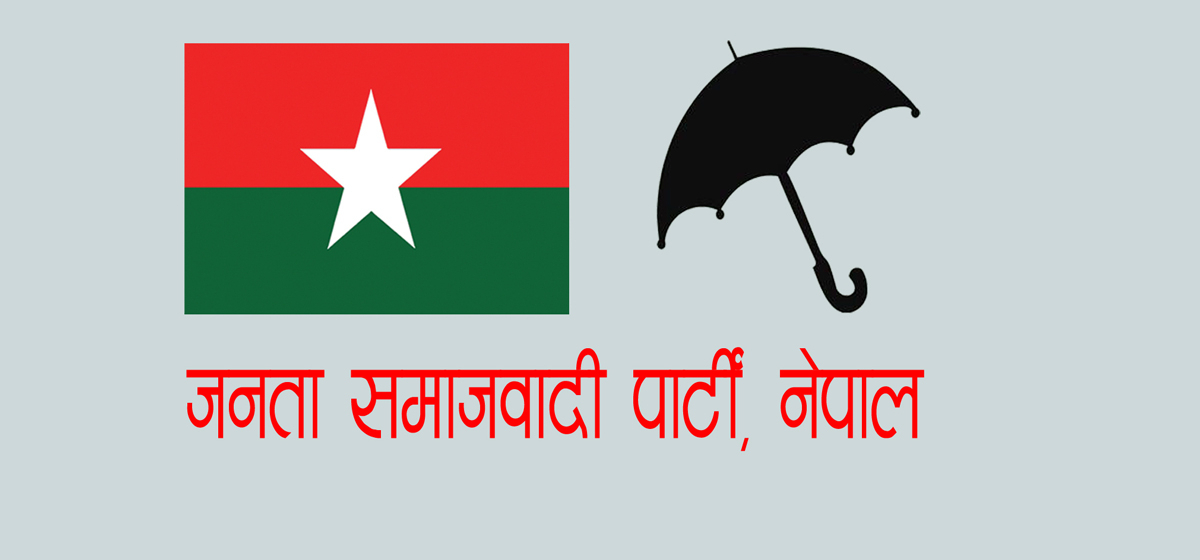

Leave A Comment